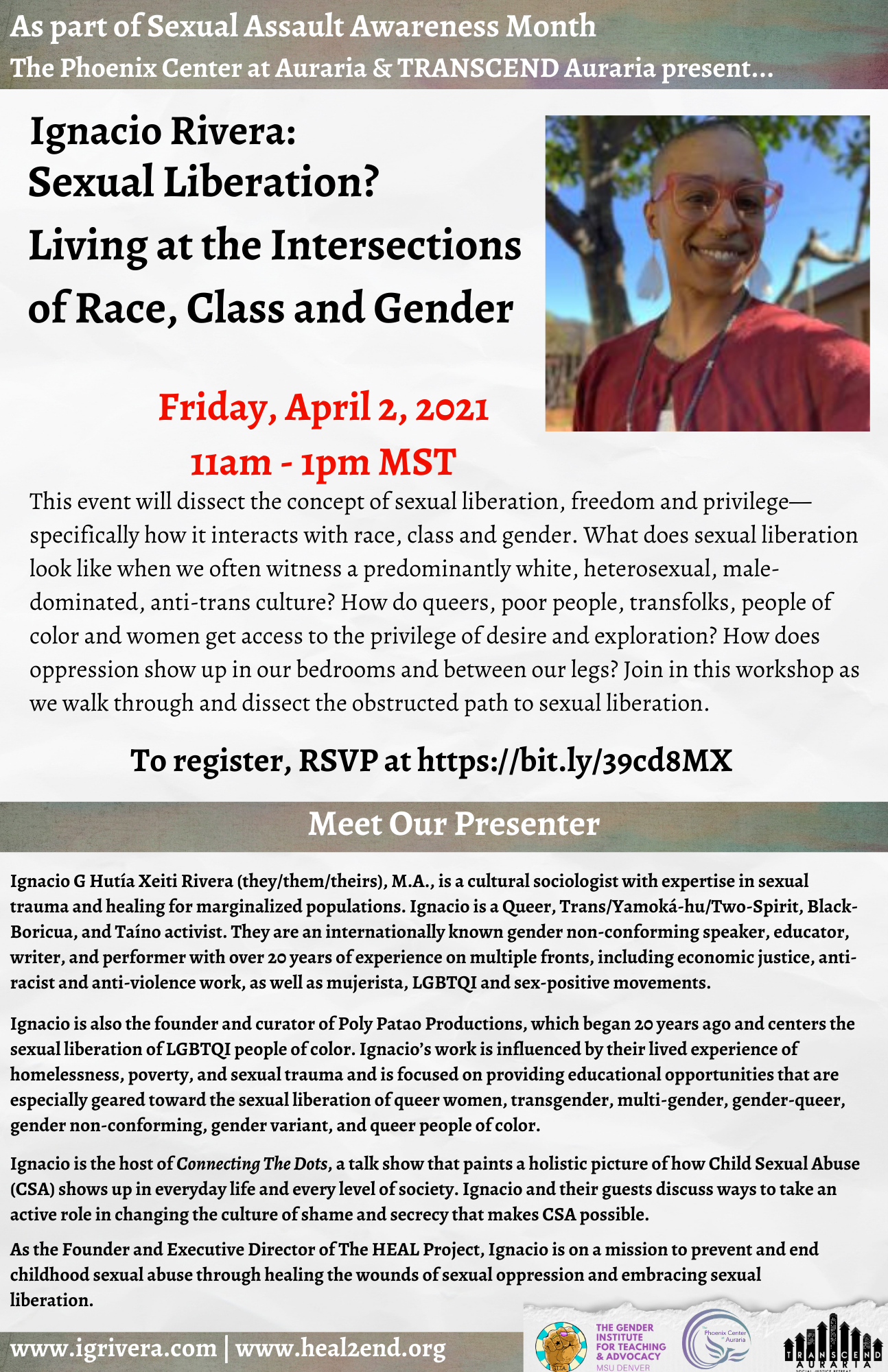can abusive people change?
Join us as our panel of experts in the violence prevention and intervention field to discuss how folks who exhibit abusive behaviors can change these behaviors, how our culture and systems create barriers for change and re-enforce these behaviors, what is currently being done to address abusive behaviors, and more.
Meet Our Panelists!
Dr. April Alexander (she/her) is the Metrolina Distinguished Professor of Health and Policy in the Department of Health Management and Policy at the University of North Carolina at Charlotte. She is also the Executive Director of the UNC Charlotte Violence Prevention Center. She received her doctorate in clinical psychology from the Florida Institute of Technology with concentrations in forensic psychology and child and family therapy. Dr. Alexander’s research and clinical work focus on violence and victimization, human sexuality, and trauma-informed and culturally informed practice. She is an award-winning researcher whose work has been published in several leading journals. She is the recipient of the 2022 Social Justice in Psychology Award from the Rocky Mountain Humanistic Counseling and Psychological Association and the 2024 Karl F. Heiser Presidential Award for Advocacy from the American Psychological Association. Dr. Alexander is an engaged public scholar who has been featured in numerous media outlets, including The Associated Press, Essence Magazine, USA Today, and NBC Nightly News, discussing her research and advocacy work. Dr. Alexander also enjoys bringing psychology to the public through popular media and has previously contributed to Black Panther Psychology: Hidden Kingdoms and The Handmaid’s Tale Psychology: Seeing Off Red.
Jordyn Schneider , MA, LPC, ACS (she/her) Clinical Director- Sex Offense-Specific Treatment Program; SOMB Full Operating Treatment Provider and Clinical Supervisor; Teaching Humane Existence
Jordyn earned a Bachelor’s of Arts (BA) degree in Psychology from the University of Colorado at Denver in 2015. She graduated with a Master’s Degree (MA) in Forensic Psychology at the University of Denver in June of 2018. Since then, she has worked with various justice involved populations. She currently works primarily with the sex-offense specific population currently. Jordyn earned her Licensed Professional Counselor (LPC) in March 2022. She is a Full Operating Treatment Provider and Clinical Supervisor with the SOMB. She is also an Approved Clinical Supervisor (ACS).
Shanae Adams (they/them) MA, LPC, NCC, CIGT serves their community in a variety of ways including therapist, educator, and sex-positive enthusiast. They became interested in sexuality as a teen watching Talk Sex with Sue and Real Sex on late-night TV. After joining a sexuality education club in undergrad, they developed into a well-established sexuality educator, researcher, and pleasure activist. Their mission of sexuality normalization, explanation, and melanated representation drives her to prioritize the healing and experiences of QTBIPOC and femmes of color. She utilizes an intersectional and indigenous approach with clients and in their lectures to amplify those experiences. They are currently pursuing their Ph.D. in Clinical Sexology.
Jeannine Anderson MA, LPC, LAC, DVCS (she/her) is a forensic therapist in the Denver Metro area. She works in various settings including as the Director of Forensic and Group Services at Southeast Counseling Center. Jeannine has training in various modalities and populations including couples therapy, trauma work, adolescents, evaluating for psychopathy, and clinical supervision.
Natalie P. Halcomb (she/her) is a Licensed Professional Counselor as well as a DVOMB provider. She serves as the Forensic and Group Services Manager for our Center. A native of Colorado, Natalie earned her undergraduate degree in Psychology from the University of Colorado at Boulder and her Masters Degree in Clinical Mental Health from Denver Seminary. Natalie has been in the cousneling field for five years and her training includes trauma (Brainspotting), substance abuse, relationship and family difficulties, and mental health concerns including anxiety and depression. For much of her counseling career she has worked in the criminal justice system through court ordered treatment working with individuals on relationship problems, anger, and domestic violence issues. Prior to her counseling career she volunteered and worked with adolescent programs helping kids and teens navigate developmental challenges. She believes it is important to provide a safe space for individuals to gain insight, have a place to develop interpersonal skills effectively, and to work towards holistic health.
Ignacio Rivera: Sexual Liberation? Living at the Intersections of Race, Class and Gender (available through May 2021)





